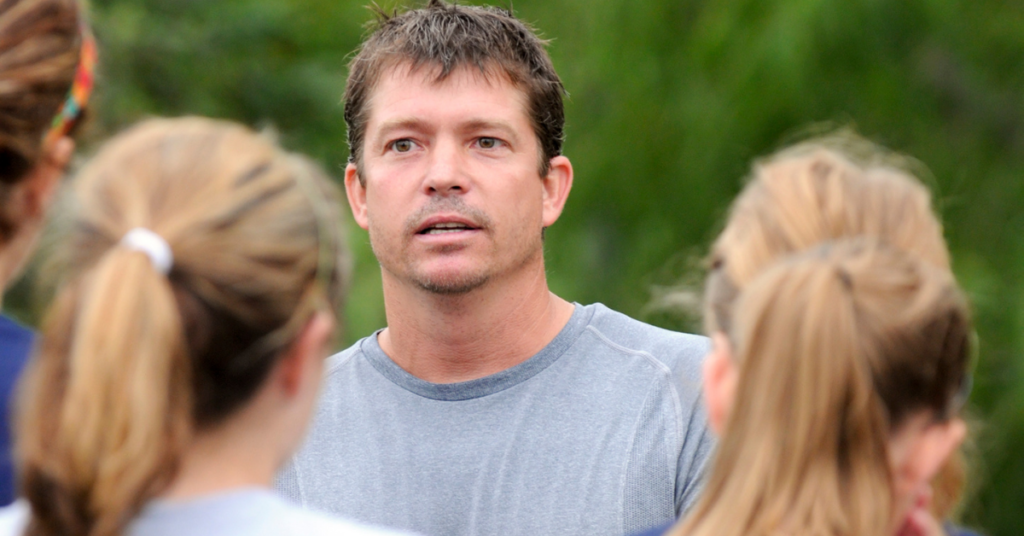Whether this is your child’s first year participating in sports or their thirteenth, it is never too late to want to become a better advocate for your athlete. The truth is, many risks and dangers come with a child’s involvement in sports, and though the risk may never completely go away, you can minimize it. A good way to do so is to educate yourself on how to help your child maintain their safety. Afterall, empowered parents, coaches, and sports organizations make for an empowered athlete.
Keep reading for tips on advocating for your child in sports.
Why Your Child Should be Involved in Sports
Firstly, it’s important to say that involving your children in sports is a great, mutually beneficial way to keep them moving! Signing your children up for sports not only keeps them active and exerting energy, but it helps them develop social skills and grow their knowledge. Sports will become a place to exercise self-motivation and determination, all while making new friends.
The Risks of Your Child Participating in Sports
Despite all of the positives that come with sports culture, there can be some causes for concern. Parents’ common worries include injuries, such as broken limbs or concussions, heat strokes, dehydration, hazing, and others. While an intimidating list at face value, these potential problems do not need to be your child’s reality. With the right tools in place, your child can stay happy and healthy while participating in sports.
Ways to Advocate
If you’re considering signing your child up for sports, but you fear for their safety, here are some tips for being the advocate they need while letting them explore their passions.
1. Learn. Learn. Learn.
What better way to stay up-to-date on everything regarding your child’s sport and their subsequent safety than to research? Stay in the know regarding news, best practices, and safety tips to ensure you are making the most informed decisions.
2. Be Actionable & Brainstorm Solutions
Rather than simply complaining about problems you notice, come up with solutions. There is no use in recognizing something is wrong and ending the conversation there. If something is genuinely concerning you, research ways to solve the problem. That can mean speaking with other parents, kids, and coaches or looking online. As much as your voice deserves to express concerns, it also deserves to offer solutions.
3. Don’t Play Coach
As tempting as it is, don’t try to be the coach when you are not. It may feel impossible to observe games from the sidelines, but it’s important you do. Making demands for the coach to give your child more playing time, or even berating your child from the sidelines, is never a good option. In fact, doing so will only make things worse by confusing players and leaving the coach little control over the situation.
4. Simply Ask
Questions? Concerns? Just ask! Ask the coach why he does things the way he does, how you can help, what you can do, etc., regardless of the issue, from qualified coaches to concerns about safety equipment, ask whoever is in charge. The best option would be to check on these things before choosing a sport or team, but sometimes that is impossible. But in doing so, you will have greater peace of mind knowing your child is on the team with suitable safety guards in place.

5. Recognize Your Power
You are the parent! Recognize the power of that position, and remember that you know better than anyone else when it comes to what is best for your child. With that being said, you don’t want to be too overbearing, so your child has room to grow. All in all, you should feel emboldened enough to speak up when something causes you concern. If you see your child hit, it’s okay to request they are removed from the field for assessment. It’s okay to speak up! Advocating for your child in sports requires you to realize that you are the parent and have the power to speak up.
6. Create a Safe Space for Your Child
Like a second set of eyes, it’s crucial you build a safe space for your child to come to you with concerns or to express wants and needs. Crafting that environment will empower your child to look out for their well-being just as you are. Informing them that you will listen, without judgment, and help without contingencies all contribute to your child’s safety! This builds self-sufficiency and allows them to recognize their power over their well-being too.
Final Thoughts on Advocating for Your Child in Sports
Sports are an excellent experience for your child, and they shouldn’t be kept away from them because of fears. It’s important to remember that worrying about your child’s well-being, particularly when it comes to sports, is normal and vital to their growth and development. If you’re worried about being that one parent who obsesses over their child’s safety – don’t be. As a parent, you should feel empowered to make decisions that place your child’s health as the top priority.





